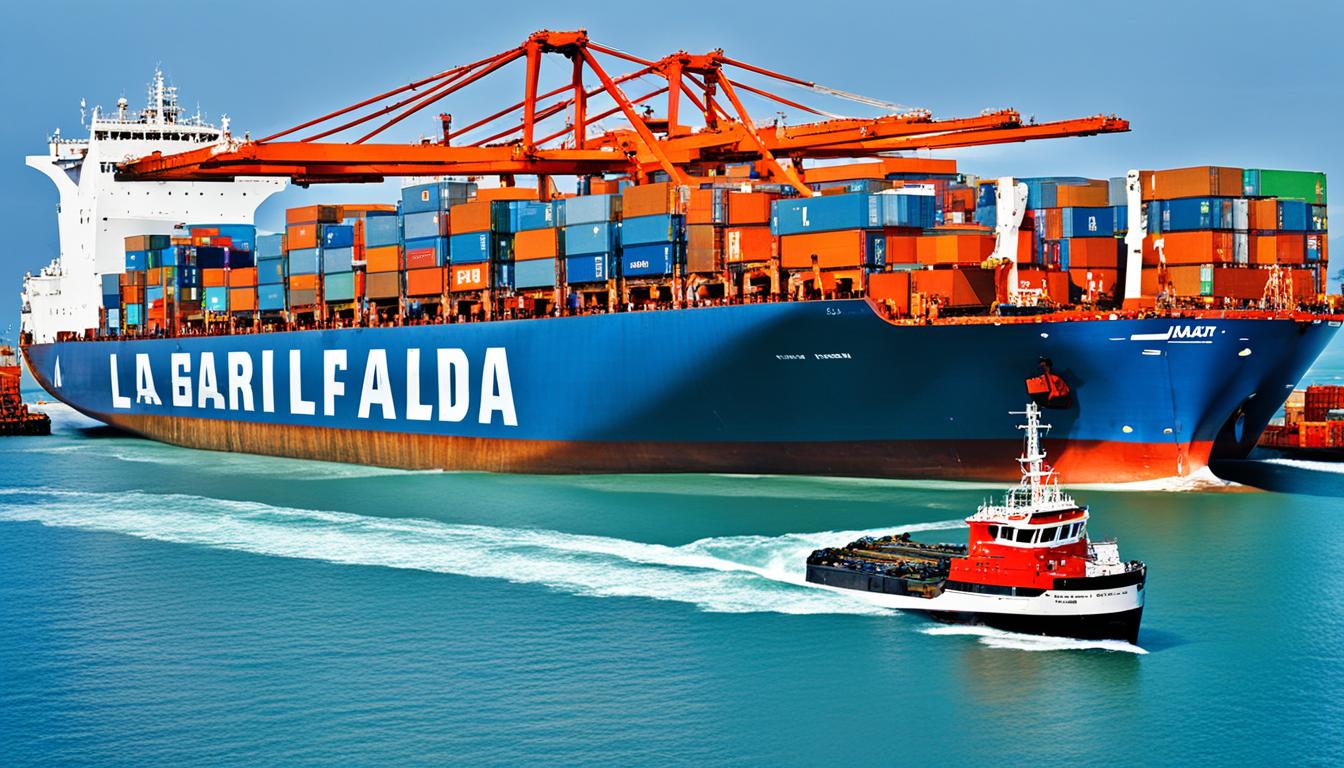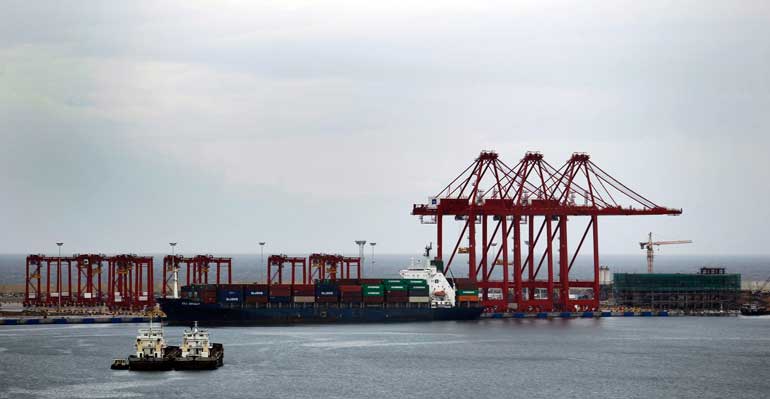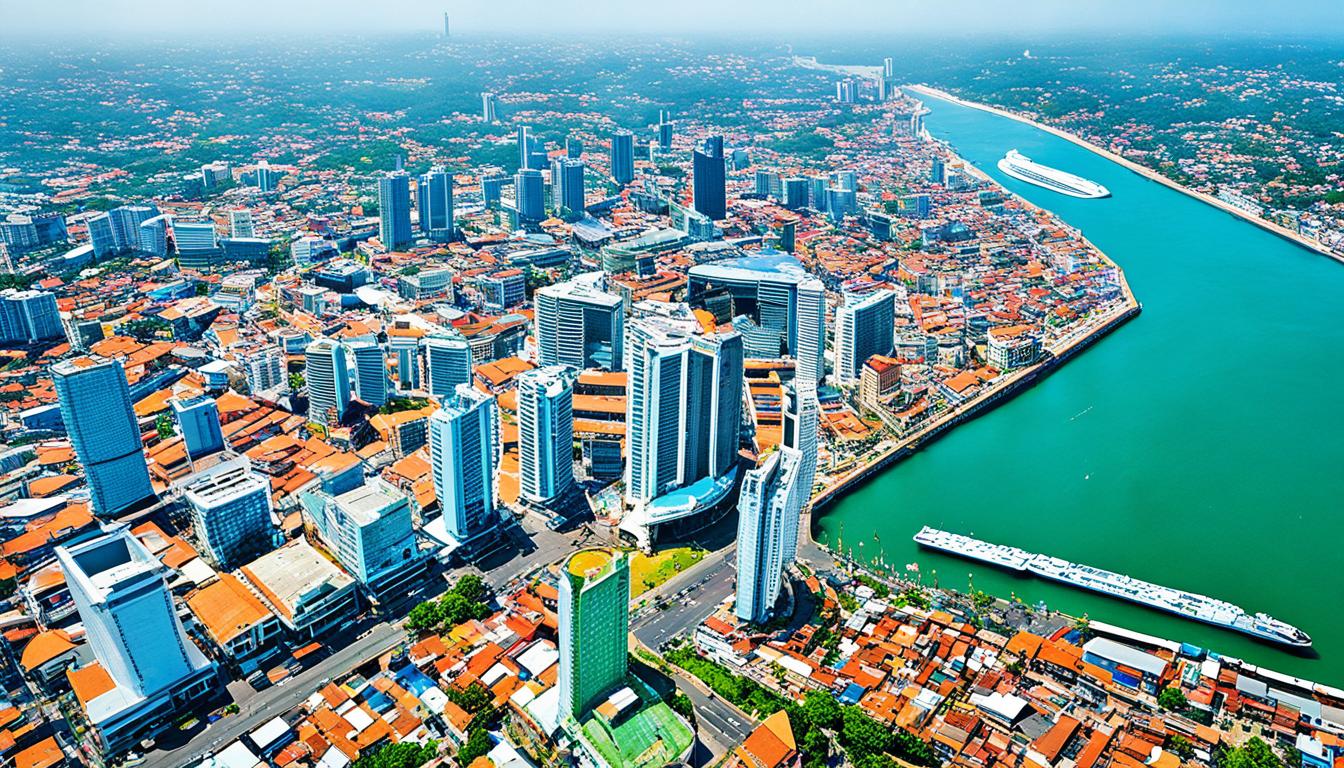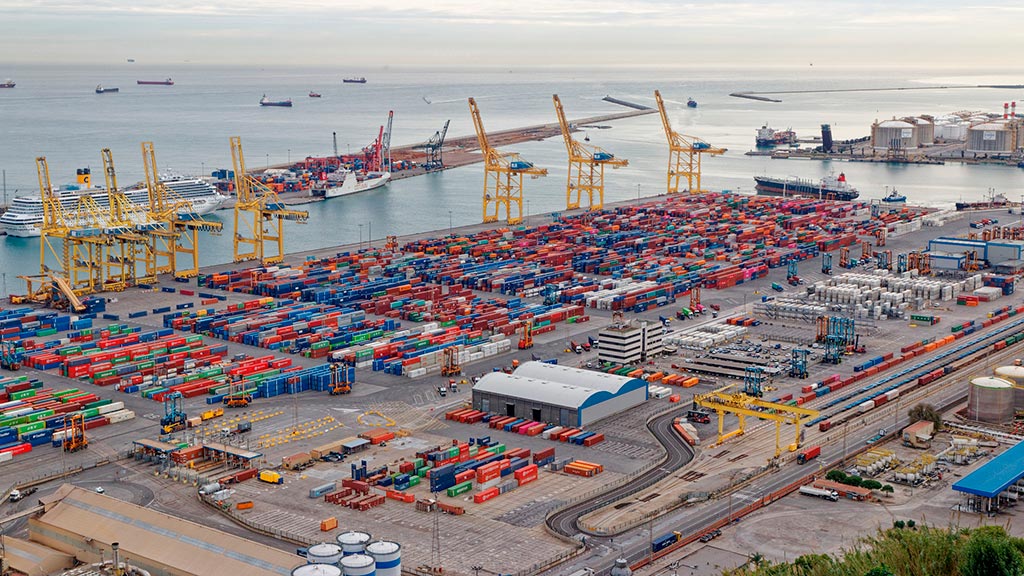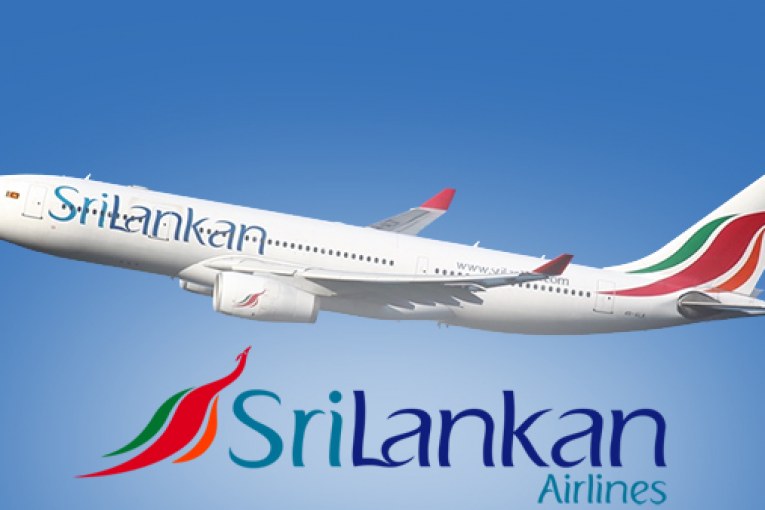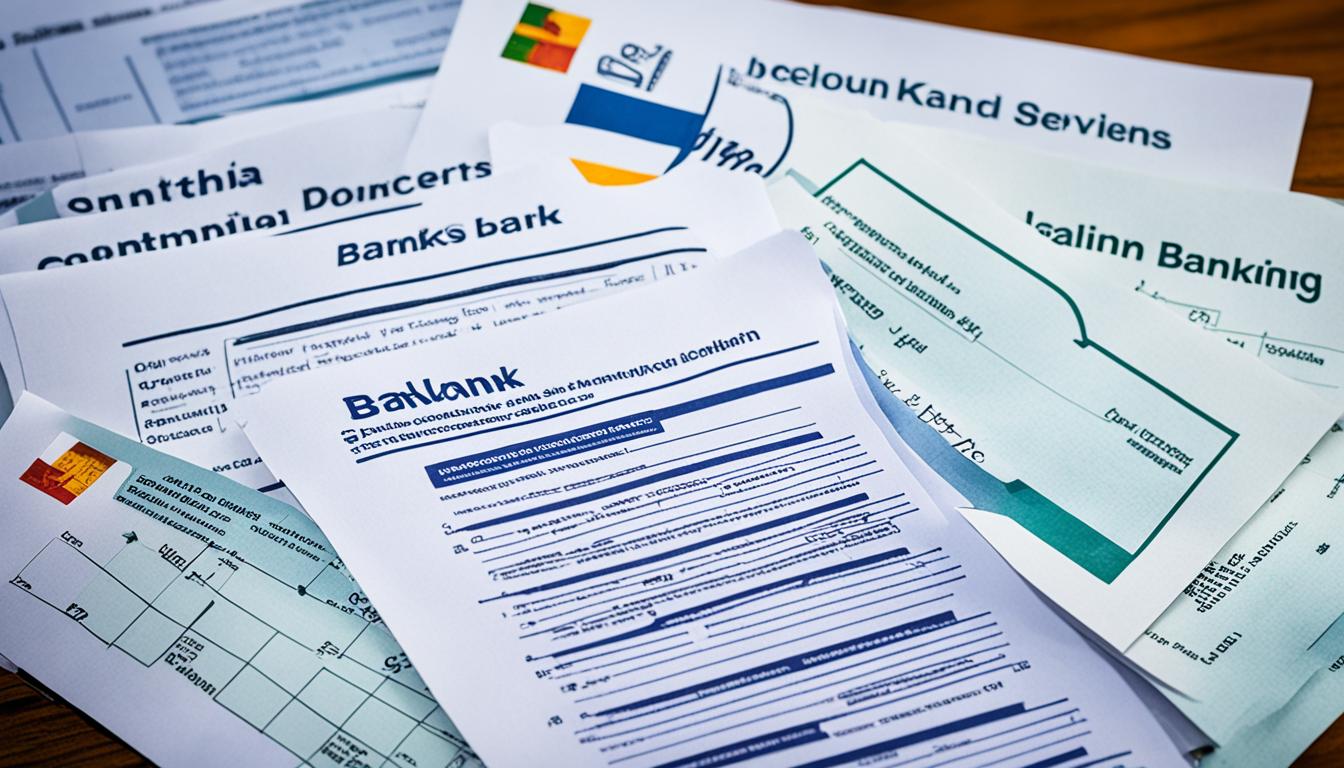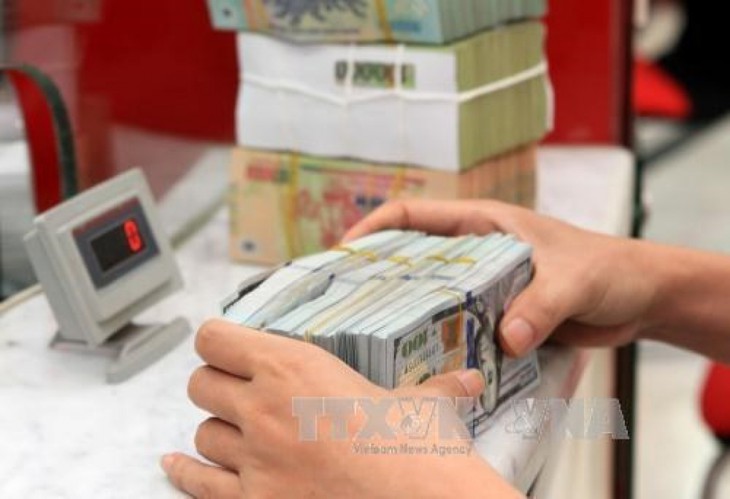The landscape of logistics services in Sri Lanka is marked by the dynamic interplay of its vibrant import/export sector, robust freight forwarding capabilities, and ongoing efforts in trade facilitation. However, this environment is not without its trials, particularly when it comes to maintaining equitable terms of trade. In the realm of shipping and transportation, credit terms often become a fulcrum for competition—a critical element that can either aid in the establishment of mutually beneficial relationships or serve as a stumbling block for growth. In Sri Lanka, navigating freight credit is paramount to ensuring that the smaller links in the supply chain, notably micro, small, and medium enterprises (MSMEs), are not left vulnerable to the pressures exerted by more dominant market forces.
Striking a balance between competitive advantage and fair play is essential. Offering reasonable credit terms, especially those not extending beyond the 14 to 30-day range, can be instrumental in preserving the financial wellbeing of MSMEs entrenched in Sri Lanka’s logistics services sector. It promotes healthier cash flows, shields these entities from the peril of debt, and ultimately, underpins efficient operations that buoy the entire national trade system.
Key Takeaways
- Reasonable credit periods can significantly boost the cash flow, helping MSMEs thrive in Sri Lanka’s logistics sector.
- Extending credit terms responsibly facilitates trade facilitation by harmonizing business interactions in the logistics space.
- The longevity of Sri Lanka’s import/export mechanisms is linked to equitable freight forwarding practices, including fair credit terms.
- Fostering ethical credit practices contributes to the greater economic development and competitive edge of Sri Lanka’s trade landscape.
- Collaborative efforts in credit management not only benefit MSMEs but also enhance the robustness of the supply chains they support.
Introducing Freight Credit and Its Impact on MSMEs
Understanding the critical role of freight credit within the dynamic realm of international trade is vital for grasping its direct effect on the sustainability of Micro, Small and Medium Enterprises (MSMEs). In Sri Lanka, MSMEs form the backbone of the logistics sector, yet they face hurdles magnified by the complexity of global economic interactions and credit practices. The interplay between credit mechanisms and the liquidity of these businesses shapes not only their operational efficacy but also the broader market’s health.
The Necessity for a Credit Mechanism in International Trade
In the competitive sphere of international trade, a robust credit mechanism serves as a pivotal force enabling MSMEs to participate in global markets. These financial arrangements provide the necessary leverage for businesses in Sri Lanka to manage inventory, sustain operations during payment cycles, and uphold continuous market presence. However, the promise of this leverage is often contingent on fair usage and balanced power dynamics between trade partners.
Challenges for MSMEs in Accessing Low-Interest Banking Facilities
- Capitalizing on low-interest financial offerings remains an elusive goal for many of Sri Lanka’s MSMEs, chiefly caused by stringent lending criteria and risk-averse banking policies.
- The gap between available banking facilities and the actual needs of MSMEs exacerbate their financial vulnerabilities, particularly when faced with disproportionate freight credit terms extended by larger corporations.
The Role of Cash Flow in Operational Sustainability
For MSMEs, cash flow is not merely a financial metric but the lifeblood that sustains daily operations. Extended payment delays can throttle this vital stream, pushing MSMEs into precarious positions that compromise both their economic stability and their ability to contribute effectively to Sri Lanka’s broader logistics sector. Confronting these realities necessitates a nuanced approach that advocates transparency and fairness in Sri Lanka’s freight credit practices.
Credit on Freight Should Be Reasonable
The dialogue surrounding reasonable credit terms in Sri Lanka’s freight industry has been increasingly vocal, advocating for measures that align the interests of the logistics industry with the financial health of local businesses. Such measures serve to reinforce Sri Lanka MSME support, eschewing the disproportionate burden that extensive credit periods place upon these vital enterprises.
Experts underscore that international shipping and airline sectors seldom indulge MSMEs with extended credit lines. This norm establishes a precedence that local service providers are compelled to emulate to maintain efficient supply chains and prevent the escalation of service costs that are inevitably passed down to consumers.
In supporting the lifeblood of the local economy, the Credit Information Bureau (CRIB) plays a pivotal role. Their engagement is pivotal for the establishment and promotion of equitable credit arrangements. It is a safeguarding mechanism not only for the interests of the MSME community but also a foundational support for an improved logistics industry in Sri Lanka, with impacts reverberating throughout the economy.
- Ensuring timely payments within a 14 to 30-day window to ease financial pressures.
- Creating a structure within CRIB to enforce fair credit terms and protect MSMEs.
- Advocating for transparent practices in credit provisioning to stabilize service costs.
The collective aim is to yield a logistics sector in Sri Lanka that operates on the tenets of fairness and efficiency, ensuring robust support for MSMEs while fostering a competitive market landscape.
Optimizing the Freight Credit Landscape in Sri Lanka
The pursuit of freight market optimization in Sri Lanka encompasses a strategic overhaul of the current practices that govern the logistics sector. With a shift towards data-driven methodologies and stringent enforcement of the legal framework, the freight credit landscape can be transformed into a more equitable system. Micro, small, and medium enterprises (MSMEs), pivotal in the realm of MSME logistics, routinely encounter financial strain from protracted payment cycles and non-standardized fees, an issue that undercuts the broader goal of Sri Lanka trade efficiency.
It is incumbent on industry stakeholders to root out the illogical and sometimes illicit charges that plague the current system. By installing transparent procedures and fair trade practices, the industry can truncate unnecessary costs that ultimately beleaguer both consumers and manufacturers. The elevation of ethical standards, coupled with an enhanced legal framework that protects against exploitation, can lead to a more resilient and sustainable freight market in Sri Lanka.
Ultimately, facilitating a supportive environment for MSMEs will engender a more dynamic and competitive international stance. As operational hurdles are dismantled and transaction costs fall, the entire supply chain stands to gain from improved fluidity and reliability. Thus, establishing a holistic, fair, and economically savvy freight credit system is not simply a goal—it’s an imperative for securing the health and growth of Sri Lanka’s trade and logistics industries.
